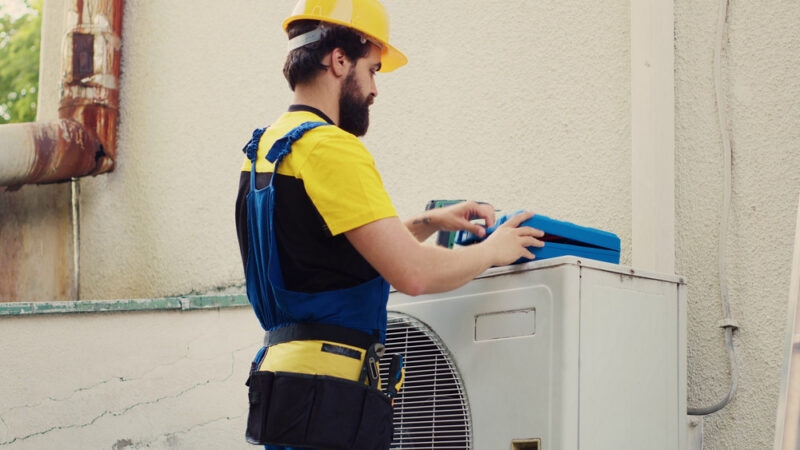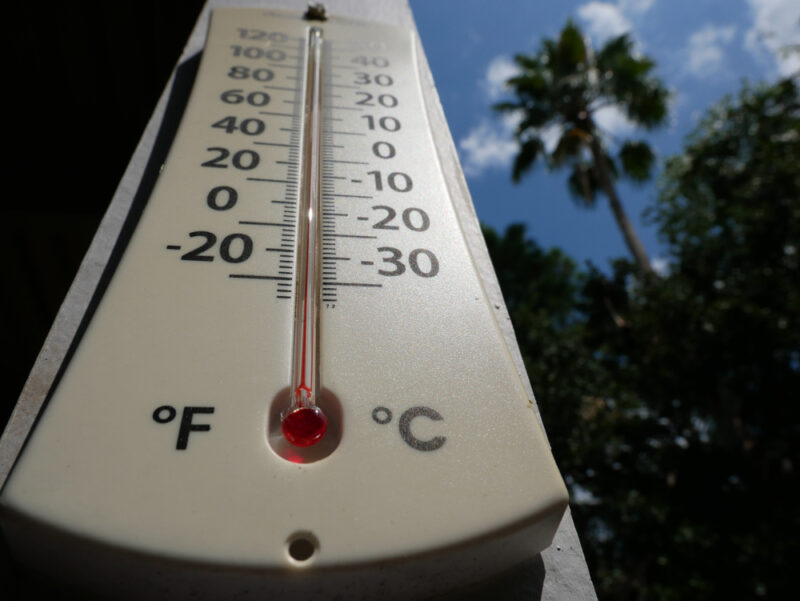Ever find yourself sniffling, sneezing, or waking up with a scratchy throat even though you haven’t set foot outside? You’re not alone—and your air conditioner might be to blame.
That’s right. While your AC is working hard to cool your home (especially during those hot and humid Florida days), it might also be circulating allergens that leave you feeling less than refreshed.
Let’s break down the connection between your AC system and indoor allergies—and what you can do to clear the air.
1. Your AC Doesn’t Create Allergens, But It Circulates Them
Dust, pollen, pet dander, mold spores—these are the usual allergy suspects. If they’re already in your home, your AC system can pick them up and spread them from room to room every time it kicks on.
What You Can Do: Regularly dust and vacuum your home, and clean around vents and registers where allergens love to hang out.
2. A Dirty Filter Is Basically a Breeding Ground
Your air filter is your home’s first line of defense against allergens. But when it’s clogged with dust and debris, it can’t do its job. Worse, it may even blow those particles right back into your air.
Fix It Fast: Change your air filter every 1–2 months (monthly during heavy use or allergy season). Consider upgrading to a HEPA filter for added filtration power.
3. Humidity Plays a Big Role—Especially in Florida
Florida humidity doesn’t just make it feel hotter—it also encourages mold and dust mite growth, two major allergy triggers. If your AC isn’t properly dehumidifying your home, you could be breathing in more than just cool air.
Pro Tip: If your home feels muggy or you see signs of mold, ask your HVAC tech about whole-home dehumidifiers or AC system tweaks to help control moisture.
4. Mold in the AC? Yup, It Happens.
Your AC’s evaporator coils and drain pans are cold and damp—perfect conditions for mold to grow if not cleaned regularly. And if mold is in your system, it’s getting blown into every room.
Warning Sign: Musty smells when the AC runs could point to mold inside the unit or ductwork.
What to Do: Schedule professional maintenance to clean the coils and inspect the system thoroughly.
5. Leaky Ducts Can Pull in Pollutants
Cracks or leaks in your ductwork can pull in dust, insulation particles, or allergens from your attic or crawlspace and push them right into your living areas.
Call for a Duct Check: Sealing up leaky ducts can improve both your air quality and your AC’s efficiency.
6. Upgrading Your AC System = Breathing Easier
If your system is outdated, inefficient, or improperly sized, it may not filter or circulate air as well as it should. Newer systems often come with built-in air quality upgrades—like advanced filtration and humidity control.
Worth Considering: If your allergies are relentless and your AC is on the older side, upgrading your system could make a noticeable difference in how you feel at home.
Contact Complete Comfort for All Your Indoor Air Quality Needs in Jupiter, FL and the Surrounding Areas
Your AC should help you feel cool and comfortable—not sneezy and stuffed up. With regular maintenance, good filtration, and a few simple upgrades, you can turn your home into an allergy-safe zone—even in the height of Florida’s allergy season.
Need help improving your indoor air quality? We’ve got the tools, tech, and local expertise to help. From filter replacements to full system cleanings, we’ll make sure your AC helps you breathe easier—not harder. Contact us today!



